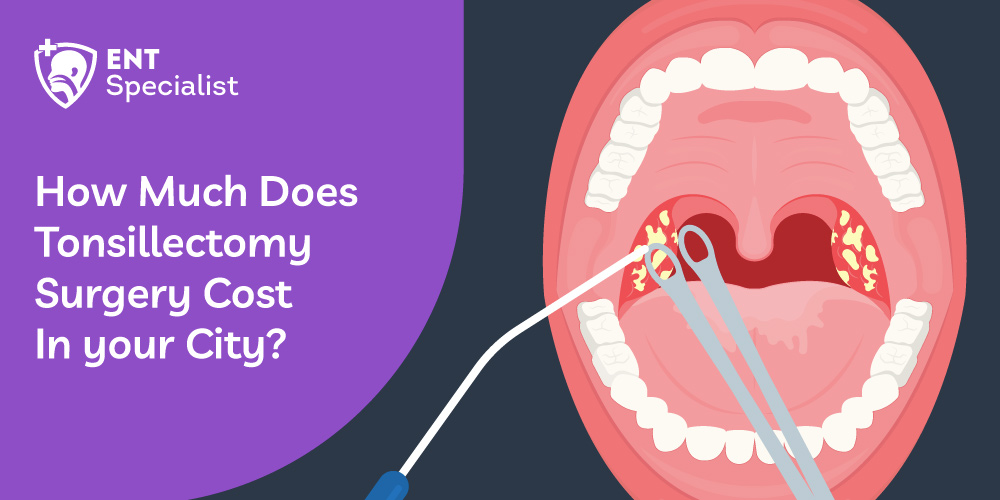Facts
- Sinusitis can occur due to infection, allergies, chemicals, or other particles that cause irritation in the sinuses.
- Sinus infections usually don’t spread from one person to another.
- Sinusitis is classified into acute, subacute, chronic, infected, and noninfectious sinusitis.
- Complications of an untreated sinus infection include the development of conditions like meningitis, brain abscess, orbital cellulitis, osteomyelitis, and vision problems.
- Fungal sinus infections can be cured with the help of medicines as there are no vaccines available.
Consult the Best ENT Surgeons For An Effective Solution of Sinus Diseases
Sinus diseases or sinusitis can be fatal if you don’t get proper treatment on time. The ears, nose, and throat are three organs that are very sensitive and related to each other. Any kind of disease that impacts either one of these organs can have a negative effect on the other. Thus, it is recommended that you become aware of the common ENT problems and seek an expert’s help as soon as the symptoms appear.
We house a team of highly experienced ENT surgeons who are trained and certified to perform advanced surgeries like FESS. Our doctors will diagnose your condition thoroughly and determine the treatment method that will suit you best. You can rely on our doctor’s expertise and seek their help anytime. Throughout the years of medical practice, our doctors have gained ample knowledge and have superior skills that allow them to identify and resolve sinusitis and other ears, nose, and throat diseases with precision.
What are the different methods to cure sinus infections?
The treatment of sinus infections usually depends on their underlying cause. Once the diagnosis is complete, the doctor identifies the causes and focuses on treating or eliminating the cause completely to ensure that you don’t have to suffer from sinusitis again.
The methods to cure sinusitis permanently usually involve the following:
- Using oral or intranasal corticosteroids reduces inflammation quickly and enhances breathing.
- Decongestant medications are also used to unblock the sinuses and reduce nasal congestion.
- Saline irrigation is another method that involves thinning the nasal passage secretions to alleviate the symptoms of a sinus infection as soon as they appear.
- Antibiotics are one of the most common methods to cure sinus infections that are caused by bacterias.
- Immunotherapy is a method that can be helpful to cure even chronic sinusitis. It involves prescribing immunotherapy treatments such as IV immunoglobulins that enhance the body’s ability to fight the infection and resolve the symptoms.
- Balloon sinuplasty is a surgical approach to treat chronic sinus disease. A balloon-tipped catheter is inserted into the sinus passages, and imaging guidance is used to inflate the balloon to widen the passage. Then the balloon is deflated and removed.
- FESS (Functional Endoscopic Sinus Surgery) is an advanced approach to treat sinusitis. A lighted camera is used to visualize the inside, and a small instrument is used to remove the excess tissues, nasal cysts, or polyps to widen the sinuses.
Even if you choose surgical treatment methods to resolve sinus infections, there are still possibilities that you may need medical therapies to reduce the symptoms and prevent sinus infections from coming back.
An ENT specialist will guide you properly so that you can make an informed decision for the treatment of sinus diseases. Moreover, only a specialist can guide you properly to prevent future infections and advise you to implement the necessary healthy habits in your daily life.
Book An Appointment With An ENT Doctor Today
Do not hesitate to reach out to us to consult the best ENT doctors. You can fill the appointment form, and we’ll get back to you shortly. We will schedule your consultation at the earliest so that you can discuss your problem with the doctor and get their help to resolve them quickly and effectively.






